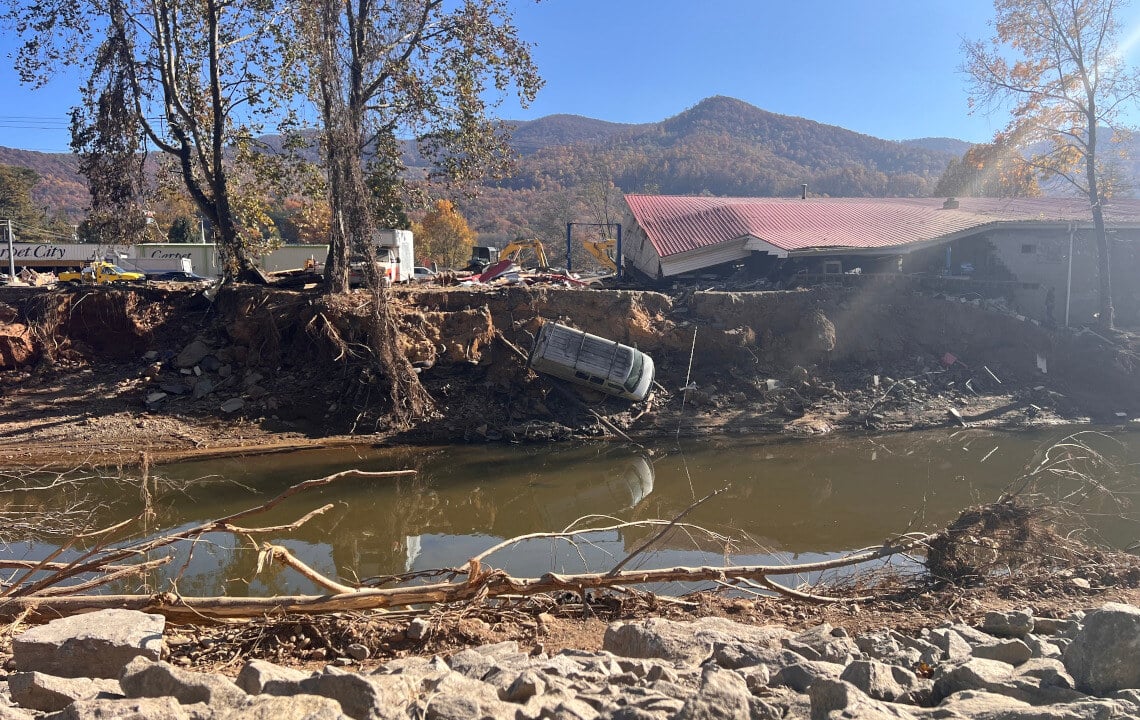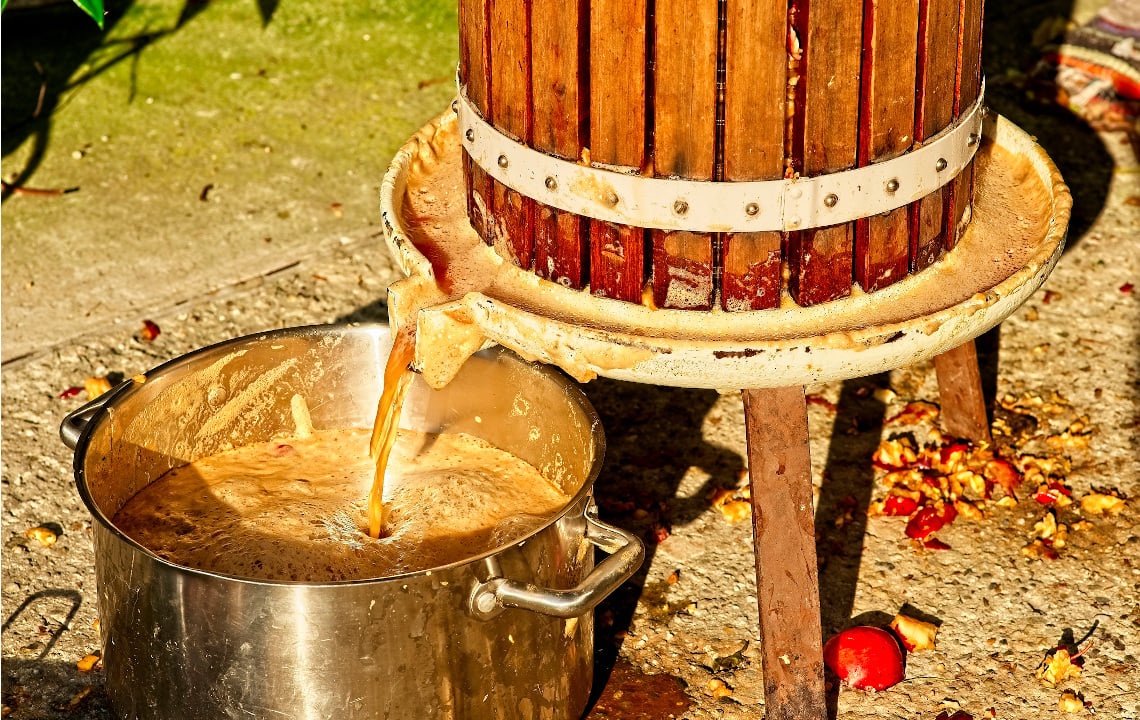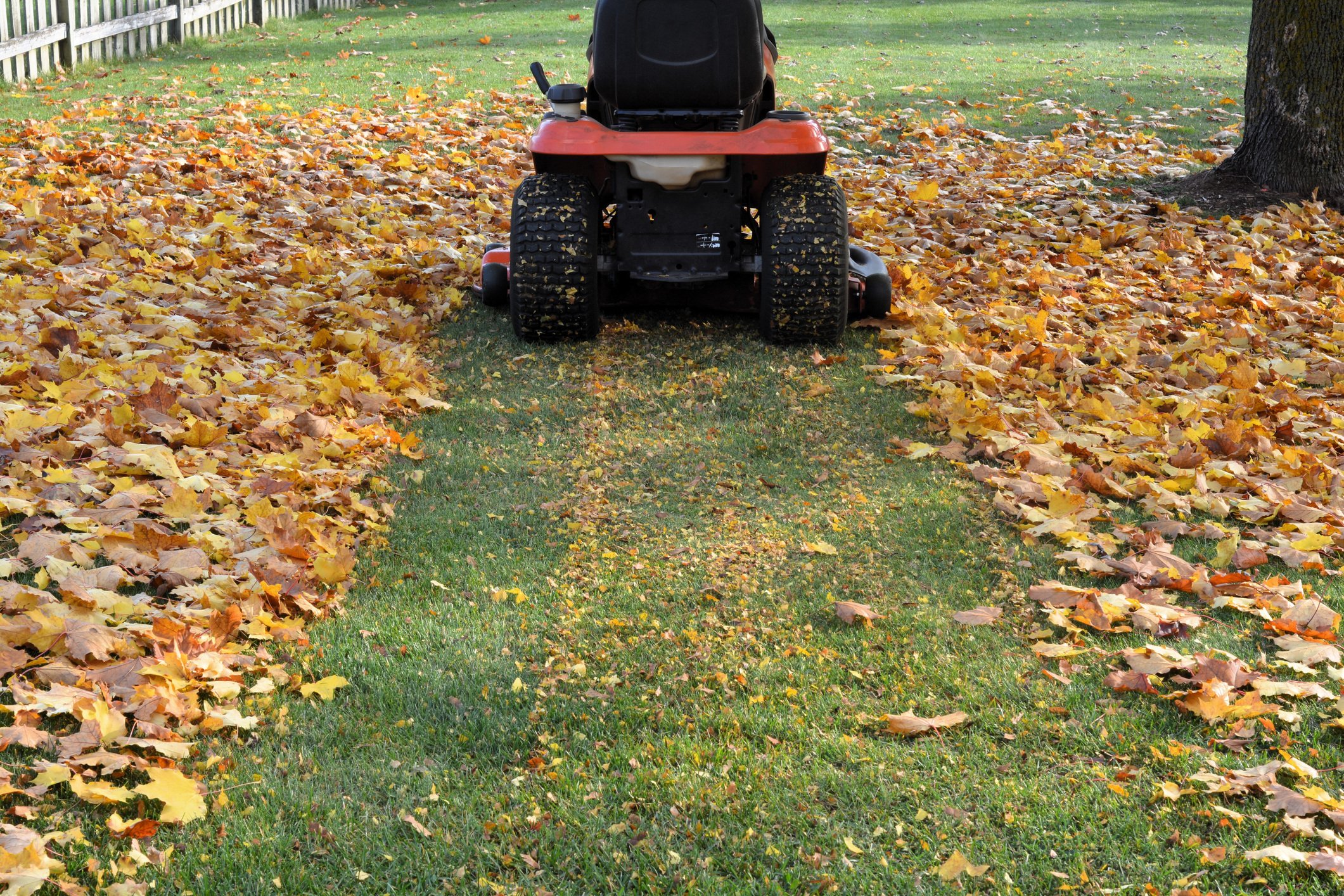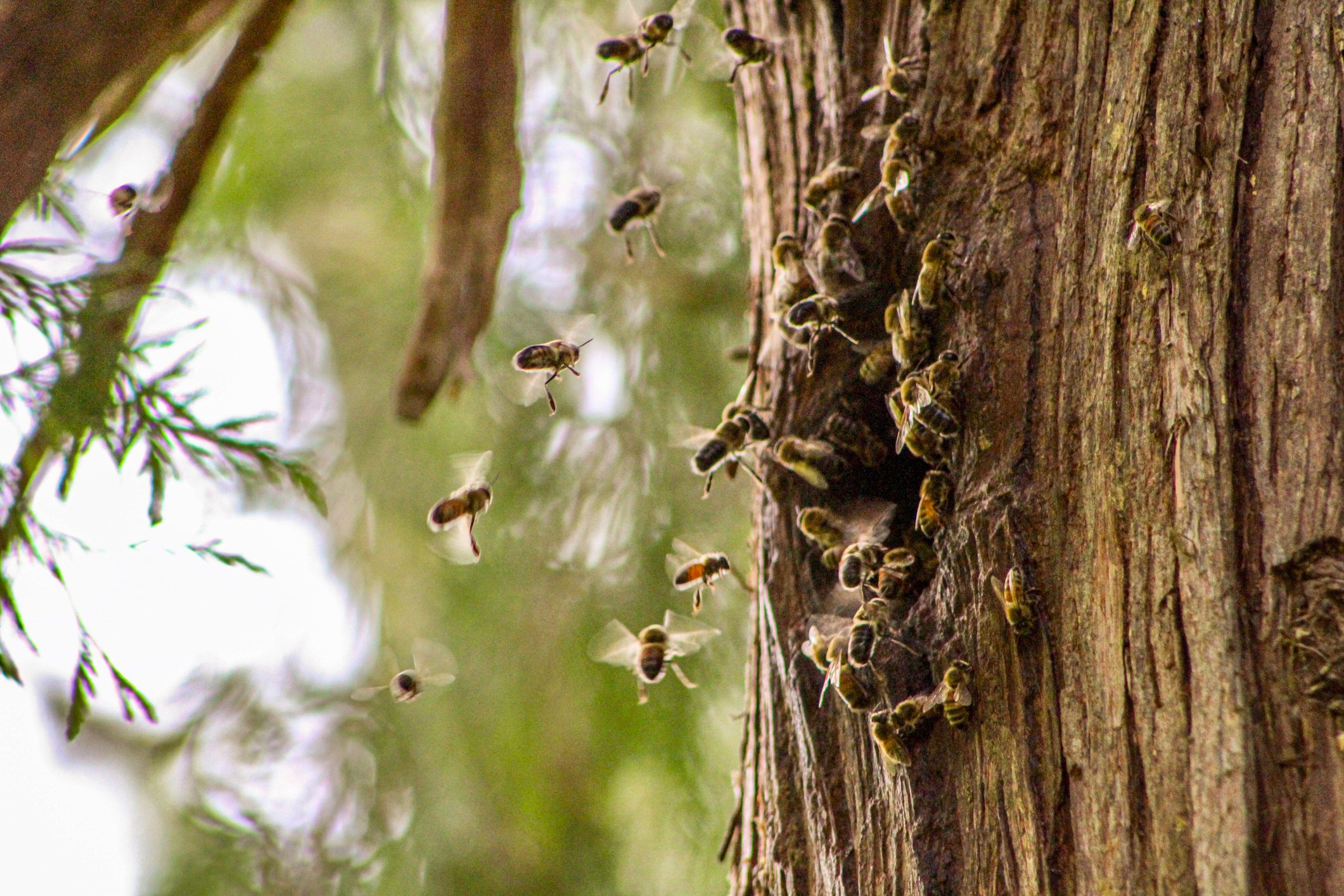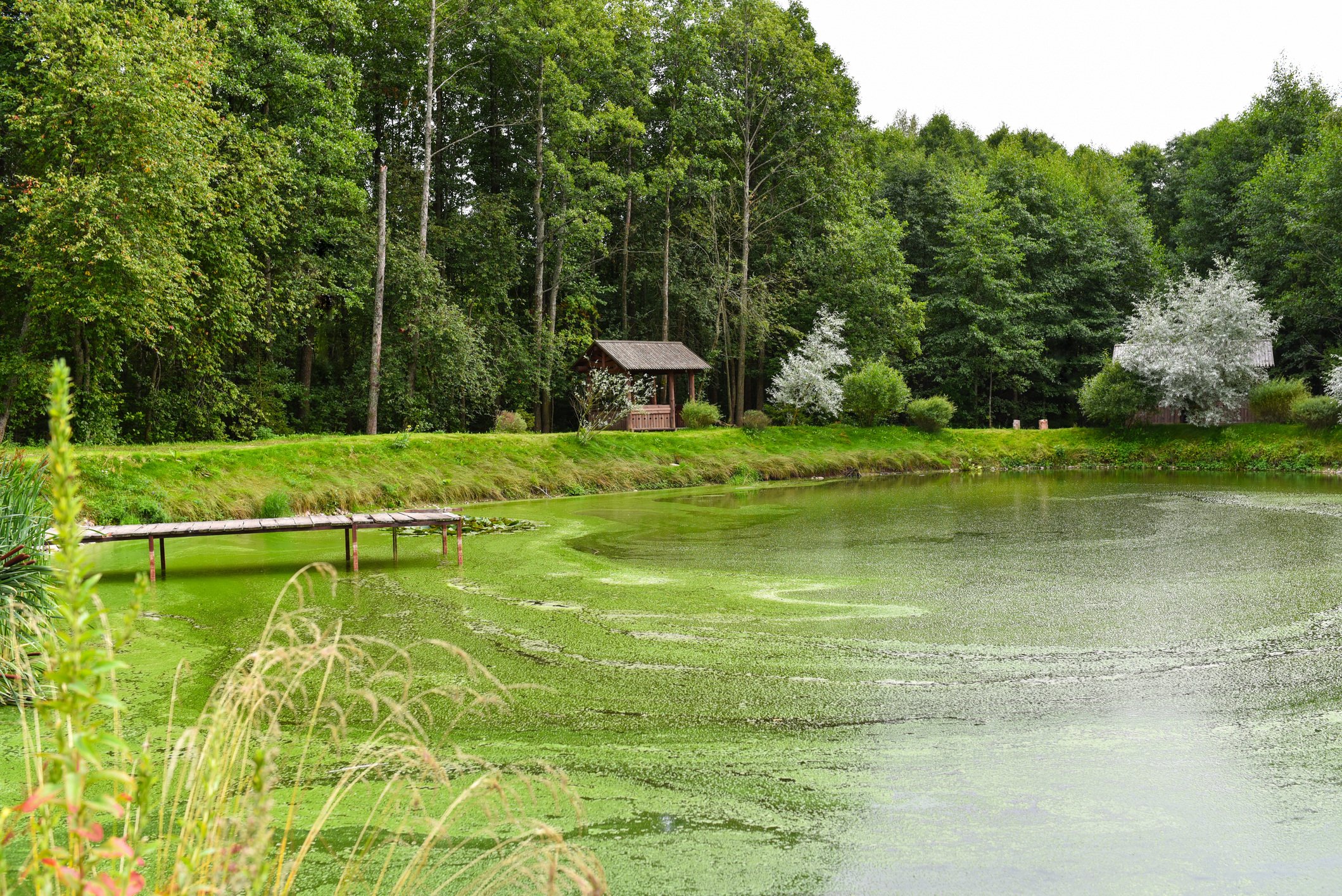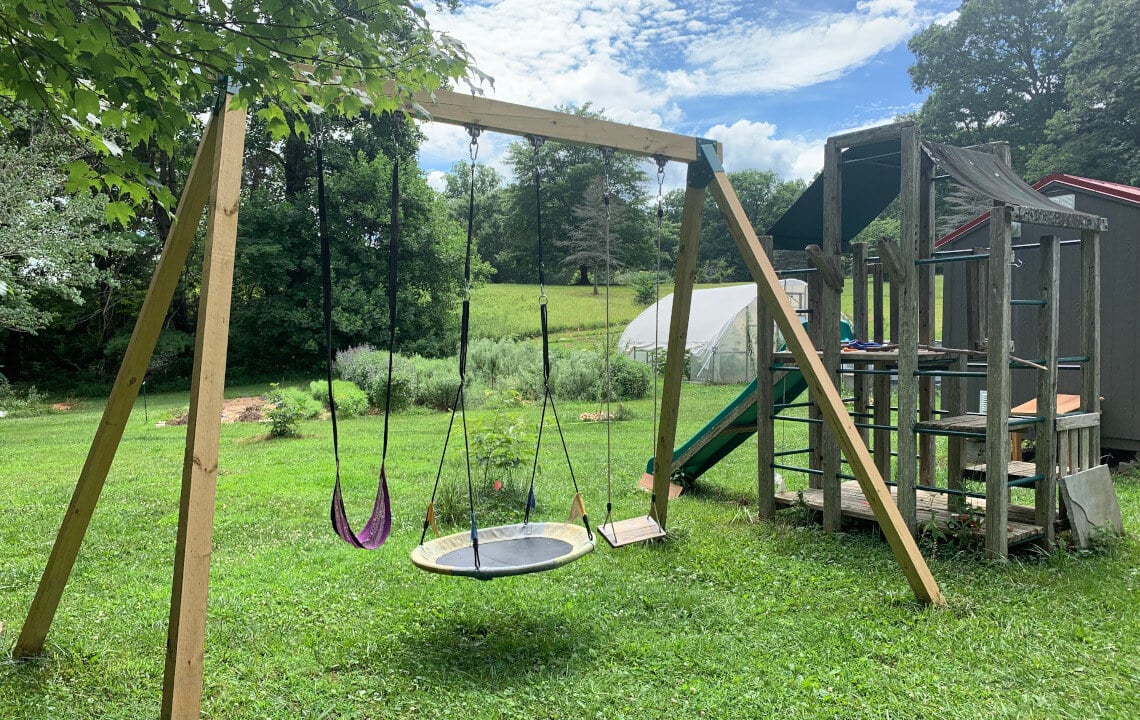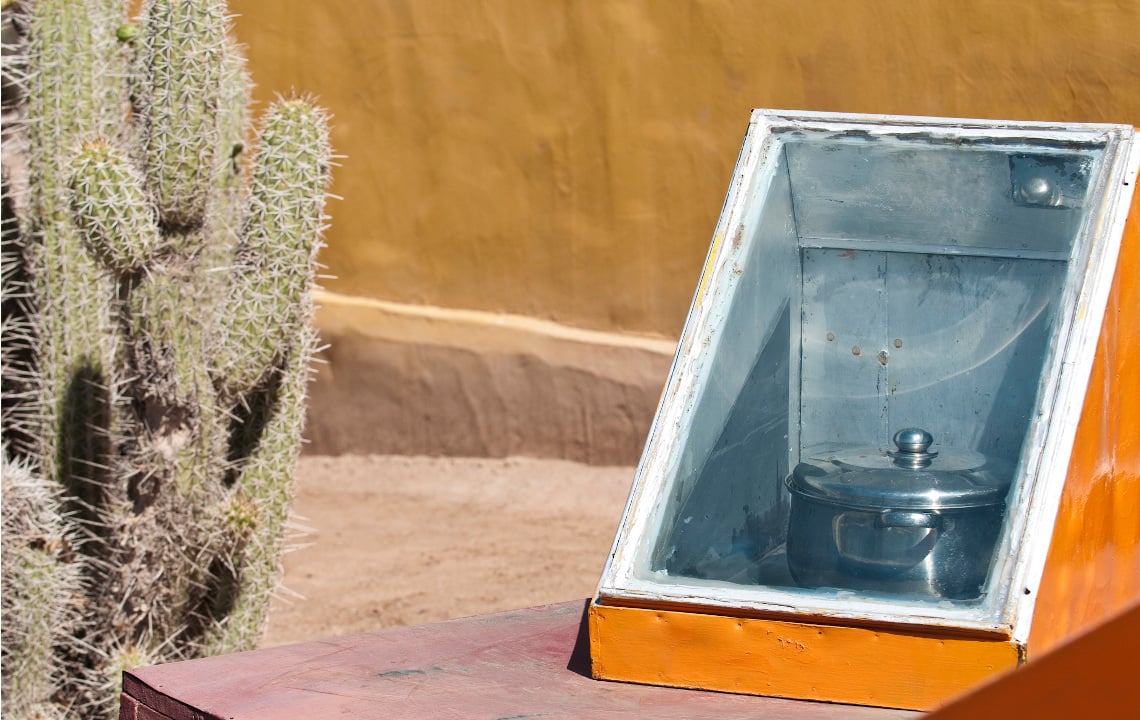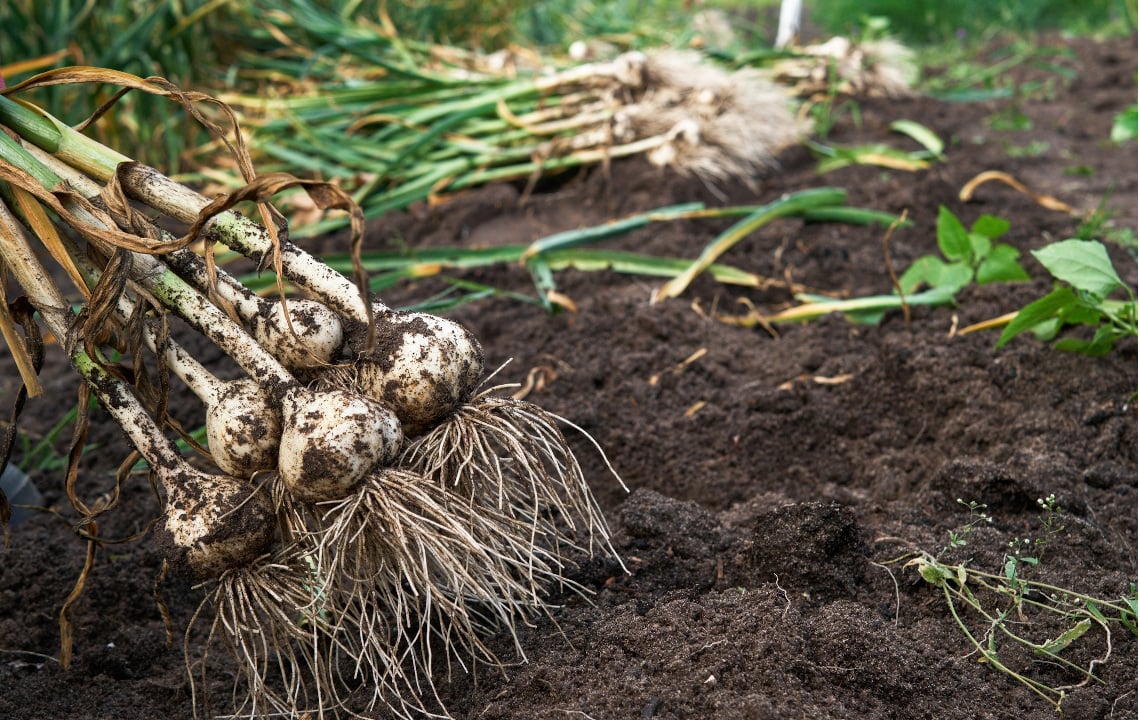Survival expert Larry Ross: "We have a responsibility to conserve and get the most from the animals that we harvest. We should respect the land and the animals that populate it."
 Many of us are not as frugal as we should be when it comes to utilizing what we have. This is especially true of game animals. It is desirable to own hunting land and be able to harvest animals for food, but we should consider it a requirement to be responsible for getting the most use of the animal. We will focus on deer, since that is the most popular game animal in the U.S.
Many of us are not as frugal as we should be when it comes to utilizing what we have. This is especially true of game animals. It is desirable to own hunting land and be able to harvest animals for food, but we should consider it a requirement to be responsible for getting the most use of the animal. We will focus on deer, since that is the most popular game animal in the U.S.
Tips for hunters to get the most from the animals they harvest
- Be prepared to tell your processor exactly how you want the animal prepared. The possibilities include: chops, cube steak, burger, stew meat and sausage. If you don't specify what you desire, the processor will go the easiest route for him. The loins are the biggest and choice parts, along with the tenderloin. I use the tenderloin to make jalapeno poppers that are a gourmet's delight. Less desirable parts can be used for burgers, stew or sausage. (Click here to read our article about the incredible health benefits of wild game).
- Request vacuum packaging so that the meat will not freezer burn. Freezer wrap is good, but vacuum packing assures that all air is removed and the usable time span will be increased by months or even years. If the processor does not provide vacuum packaging, find another that will.
- Save the hide. This can be tanned for use as a decorative wall covering, throw rug, or tanned with the hair off for making small leather products. Commercial tanning solutions are readily available and for the brave-hearted, brain-tanning is a possibility. An animal brain can be formed into a paste and after the hide is properly scraped and prepared, the brain matter is rubbed into the hide to tan it. It has to be stretched and flexed in the drying process to assure that is does not become stiff. After tanning, the flesh side can be lightly sanded to provide a soft, smooth and supple hide.
- Bones can be saved to cook down for stock that may be added to stews or other dishes to provide flavor and nourishment.
- If the animal is a good specimen, the head may be mounted to serve as a special reminder of the hunt. Quality taxidermy is not cheap, but will last for years with minimal attention.
- For the best option, consider learning to process your own game. It will save you a considerable amount of money and provide a lot of self-satisfaction. It will require space, equipment and skills, but is an easy learning curve. Many online and print resources are available for free or at a nominal price.
How to prepare for a successful hunt
Hunting requires a special set of skills, depending on the species of the quarry. In order to excel at any sport requires preparation. Whether your method of hunting involves rifle, shotgun, handgun or archery (longbow, recurve, compound or crossbow), familiarity and competency with your weapon of choice is important. This involves target practice, learning safety requirements, and familiarity with hunting regulations in the area you will be hunting.
Hunters should be aware that many regulations do not apply statewide, but vary from region to region. This may apply to seasonal dates, bag limits, legal species to hunt and even legal hunting hours.
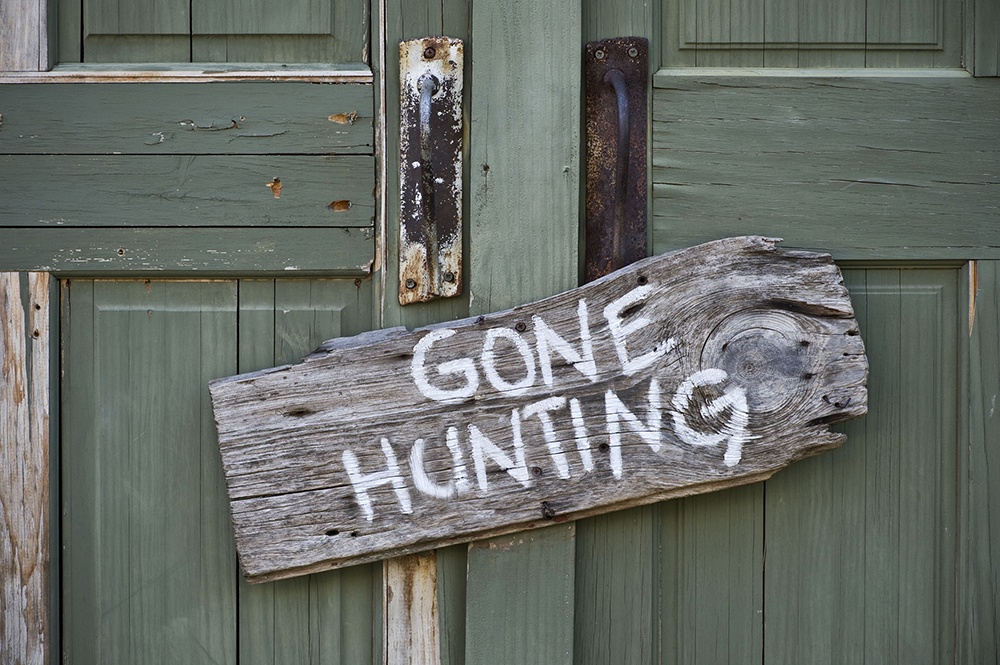
Hunting on Public vs. Private Land
Many states have game management areas that are open to public hunting, but some hunters prefer to have their own land for hunting. This allows them to have permanent stand sites, preparation of food plots, and assures them of avoiding competition for choice spots to hunt. (Read our article on managing your own hunting land here). On public land, a hunter may do pre-season scouting and find an excellent location only to arrive for the season opener and find someone already there. Unfortunately, on public land, hunting locations are not reserved. Unless you want to share a spot (much to the ire of the first arrival), you must relocate.
 Another advantage of owning your own hunting property or participating in a club with exclusive hunting rights is the safety factor. You can control who hunts on the property. In addition, you can space stands for maximum safety to avoid unwanted accidents. The hunting pressure can be controlled so that game does not become overly stressed and wary.
Another advantage of owning your own hunting property or participating in a club with exclusive hunting rights is the safety factor. You can control who hunts on the property. In addition, you can space stands for maximum safety to avoid unwanted accidents. The hunting pressure can be controlled so that game does not become overly stressed and wary.
There are limits to the availability of land and the population continues to grow and often have negative effects on our environment. I am reminded of the words of Aldo Leopold, the father of modern conservation, in the foreword to his classic, “A Sand County Almanac.” He said:
“There are some who can live without wild things, and some who cannot. ... Like winds and sunsets, wild things were taken for granted until progress began to do away with them. Now we face the question whether a still higher ‘standard of living’ is worth its cost in things natural, wild and free.”


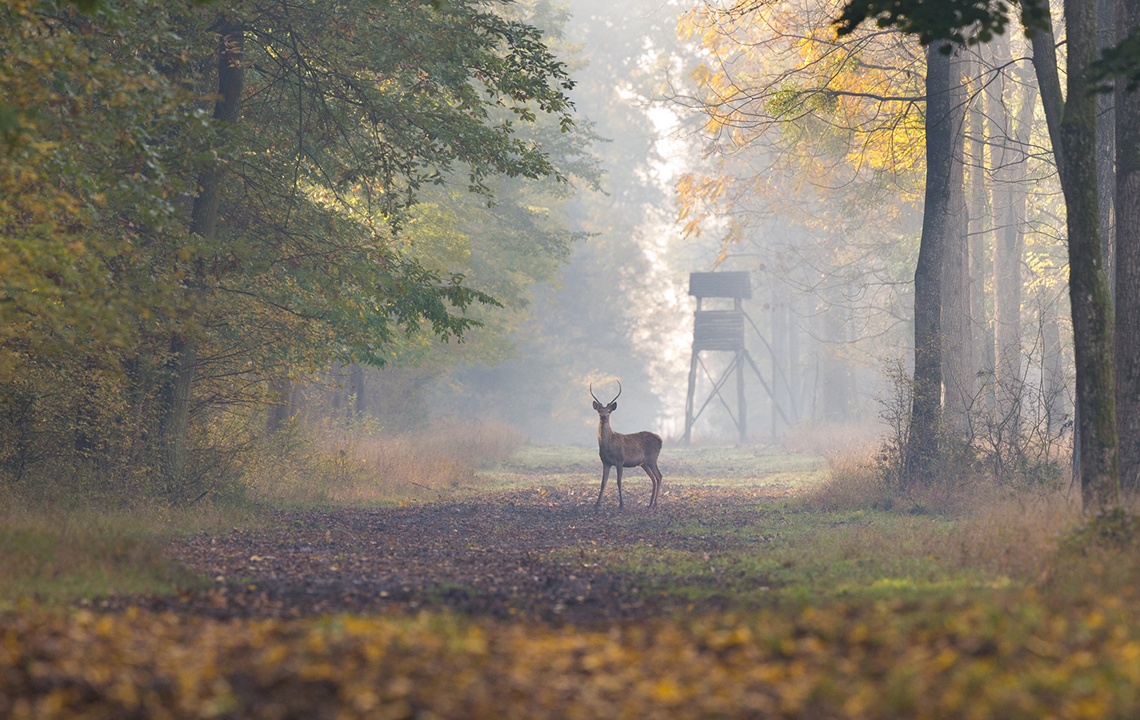
.jpg)



